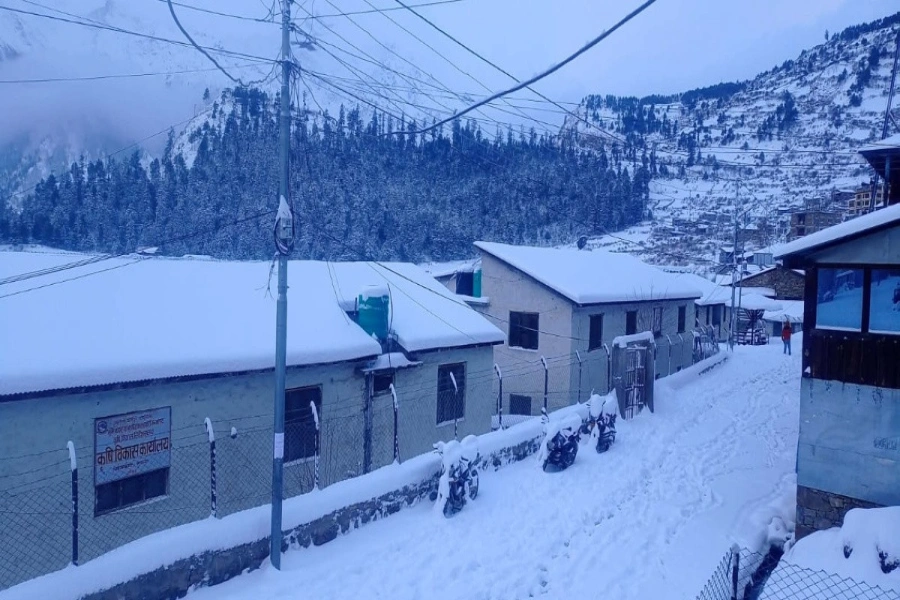LONDON, May 11: British Prime Minster Theresa May and U.N. Secretary-General Antonio Guterres called Thursday for more support for drought-stricken Somalia, with the U.N. chief requesting another $900 million in aid this year.
They spoke at a high-level conference to address the Horn of Africa nation's deepening humanitarian and security crisis.
"Somalia now hangs in the balance between peril and potential," Guterres said. "Here in London we can tip the scales from danger to safety."
He said political stability has improved but the gains are fragile in part because "growing food insecurity" is affecting millions of Somalis.
UN chief in Somalia on emergency visit to focus on famine

Guterres said some 439,000 people are at risk of famine and more than 6 million are "severely food insecure."
Somalia is also facing new military interest from the United States, as President Donald Trump has approved expanded operations, including airstrikes, against the extremist group al-Shabab. Aid agencies have expressed concern that the military moves could endanger the hundreds of thousands of people displaced by the drought.
Pressure is growing on Somalia's military to assume full responsibility for the country's security as the 22,000-strong African Union multinational force, AMISOM, that has been supporting the fragile central government plans to leave by the end of 2020.
The U.S. military has acknowledged the problem. The AU force will begin withdrawing in 2018, and the head of the U.S. Africa Command, Commander General Thomas Waldhauser, has said that if it leaves before Somalia's security forces are capable, "large portions of Somalia are at risk of returning to al-Shabab control or potentially allowing ISIS to gain a stronger foothold."
Somali President Mohamed Abdullahi Mohamed, who was elected in February and also holds U.S. citizenship, has repeatedly vowed to defeat al-Shabab within two years.
Somalia also confronts the worst outbreak of cholera in five years, with almost 690 deaths so far this year and cases expected to reach 50,000 by the end of June, the World Health Organization said in a statement Thursday.
WHO added that if the current drought situation continues, "famine could soon be a reality."
Charities working to stave off famine in Somalia are urging that the African country's debts be cancelled.
Save the Children chief Keven Watkins said the African country "continues to drift toward an avoidable famine." He called for "decisive action" including increased help from the World Bank.
Hundreds of thousands of Somalis, the vast majority women and children, have been displaced by a drought since November.






































